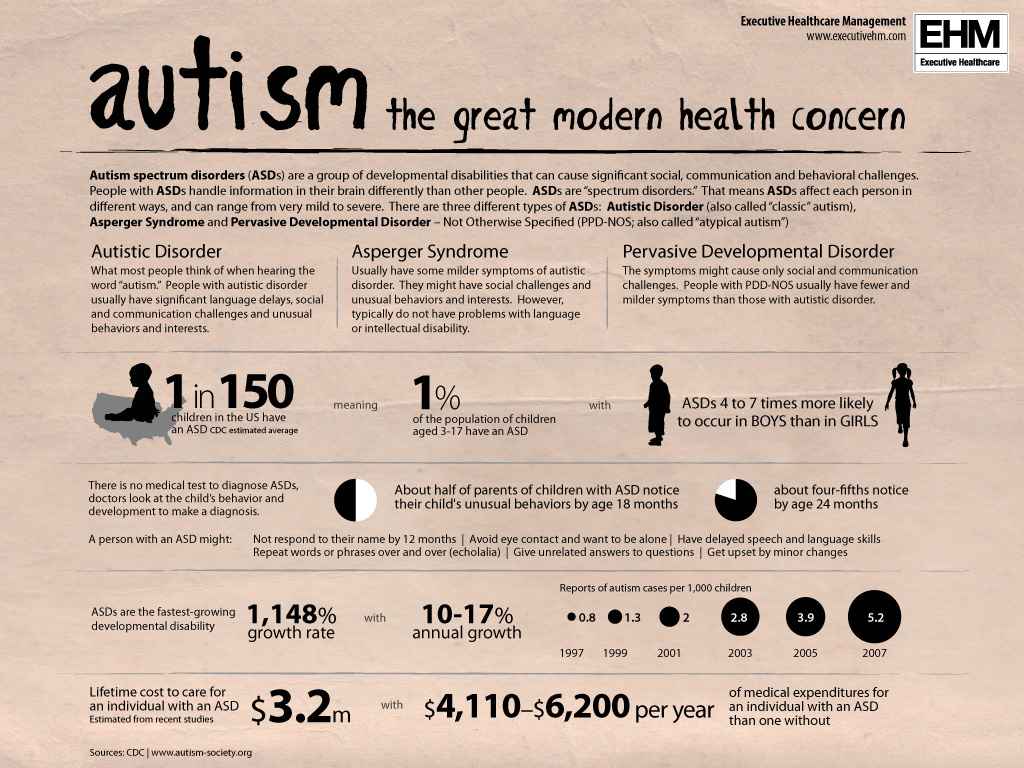
According to the Montana Autism Society of America, more than 80% of adults with autism between the age of 18 and 30 still live at home. In the coming decade, at least 500,000 children with Autism Spectrum Disorder (ASD) will enter adulthood, needing a secure future including jobs, family and friends.
The deficit, unemployment rate of 80% among autistic individuals serves as a keyhole to the nasty mindsets of some employers who see them more of a liability than an asset. However, times are changing. Instead of stereotyping, companies are incorporating autism-friendly workplaces which act as a mutual benefit for both.
Below are some enlightening facets that may help you integrate a flexible workplace and lessen the everyday challenges that autistic individuals encounter to gain employment or fit in a corporate environment.
Written Interview
Individuals with ASD respond in a much better way when asked to write down their thoughts on a piece of paper rather than verbally. Its best to take written interviews, which can give them a fair chance to showcase their talents, thoughts, qualifications letting them express their individual selves in the best possible manner.
Autism Friendly Workstations
Consider it as an attribute, but autistic individuals have heightened senses. It can be extremely distracting for them when their work desk is placed next to a break room or near a busy hallway. Conversations which normal employees may not find loud or distracting can seem really loud to someone with autism, making them lose focus on their work.
It’s best to provide them quite workstations with options for dimmer lighting since fluorescent light can be distracting. They can also be provided with some sort of escape room to get away for short breaks when they require some alone time. Although this doesn’t mean that people with autism are anti-social, they still enjoy the company of others and socializing is equally important for them, since they sometimes feel the urge to fit in when they’re rather shying away from the crowd.
Clear & Precise Guidelines
Instead of using metaphors, or any sort of insinuation in a language, managers should always provide clear and concise instructions in written which they can refer back to whenever needed. Instead of using a phrase such as ‘Don’t be late’ for example, it’s much better to use ‘Be at your desk ready to start working at 9’ in order to deliver instructions.
Thrive on Routine
One of the best attributes of such individuals is their ability to thrive on routine and structure. Autistic people like to plan out their day in advance. Minor or major interruptions in their routine such as impromptu meetings or celebrating a co-workers birthday, or being told to stay late or having a meeting postponed at the last minute can upset them. It’s best to provide them a heads up in advance to help them adjust in case any changes occur.
Unable to Express Their Problems
In case if you believe someone with autism is going through some sort of problem, it is best to help them give a little time alone to reflect over what is bothering them before they unleash it verbally.
Highly Focused
Professor Fitzgerald speaking at a Royal College of Psychiatrists Academic Psychiatry Conference in London pointed out that ASD/Asperger’s and creativity share common genes.
Such genes lead to highly focused individuals, who can persist with a topic for 20-30 years without being distracted by the opinions of other people. They possess the ability to produce three to four other people’s work in a lifetime. Their ingenious ability to spot errors and bring attention to detail in their work can bring great advantages to any organization, especially those in the technology sector, which are now open to autistic individuals due to their rare attributes.
Software giant, SAP has put together a plan to integrate at least 1% autistic individuals in its workforce by 2020. Freddie Mac, a leading mortgage finance company provides paid internships to them and has partnered with Autistic Self Advocacy Network already. Such companies recognize the benefits that autistic employees bring to their business.
Loyal & Extremely Passionate
According to Washington, D.C. based author of Six-Word Lessons for Autism Friendly Workplaces, Patti Pacelli, autistic individuals can be unbelievably loyal employees and tremendously passionate about their jobs. People with autism are highly moral and ethical. They have a rare ability to stick to precise guidelines provided by the management. Autistic individuals can be the most reliable and productive employees you will ever find, especially when it comes to those jobs which require monotonous and detail-oriented tasks.
Remember, they are historically renowned figures who displayed such behavioral patterns that are associated with ASD. It includes Albert Einstein, Thomas Jefferson, Sir Isaac Newton, Michelangelo, Mozart, Andy Warhol, and Nicola Tesla.





